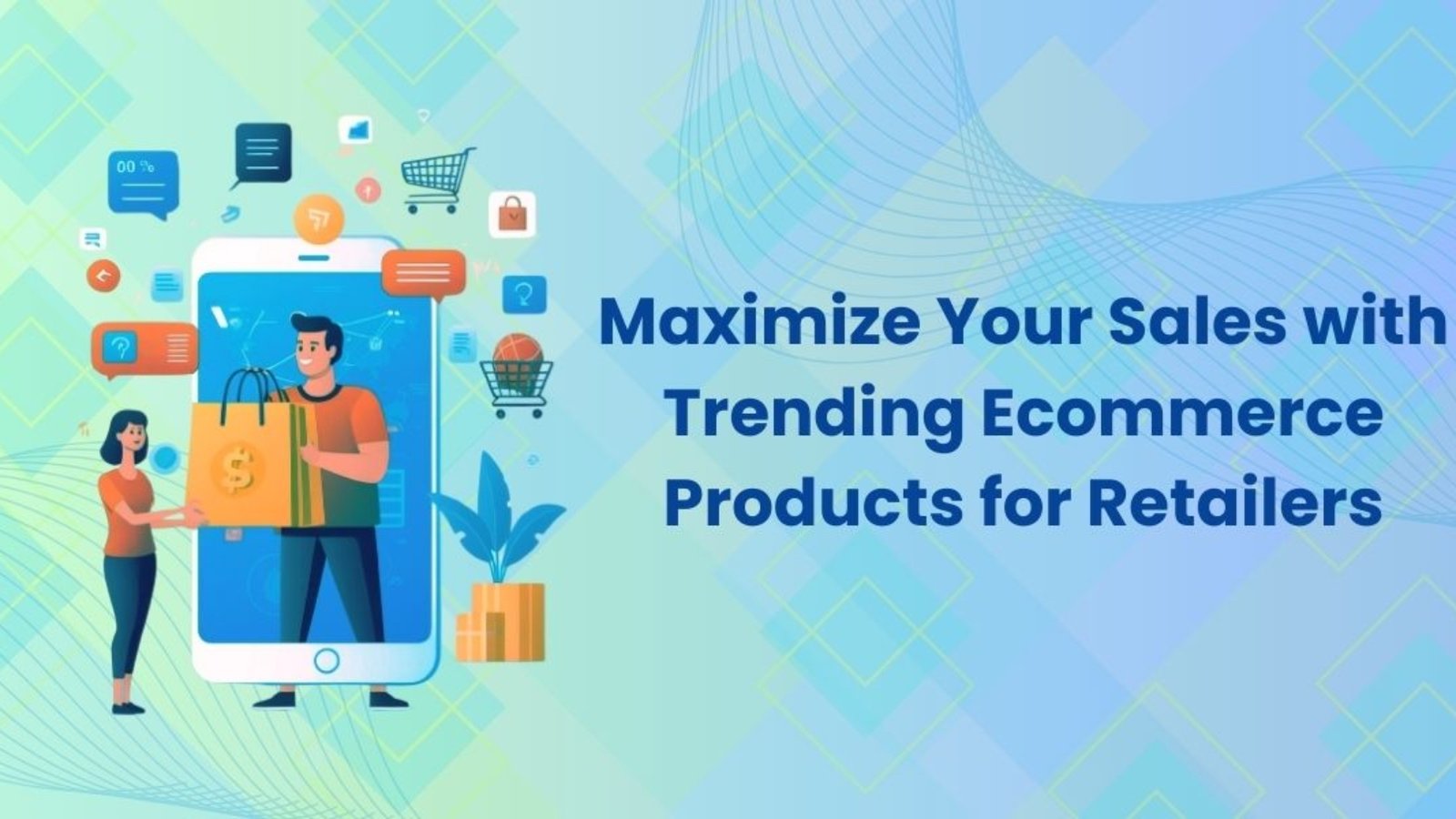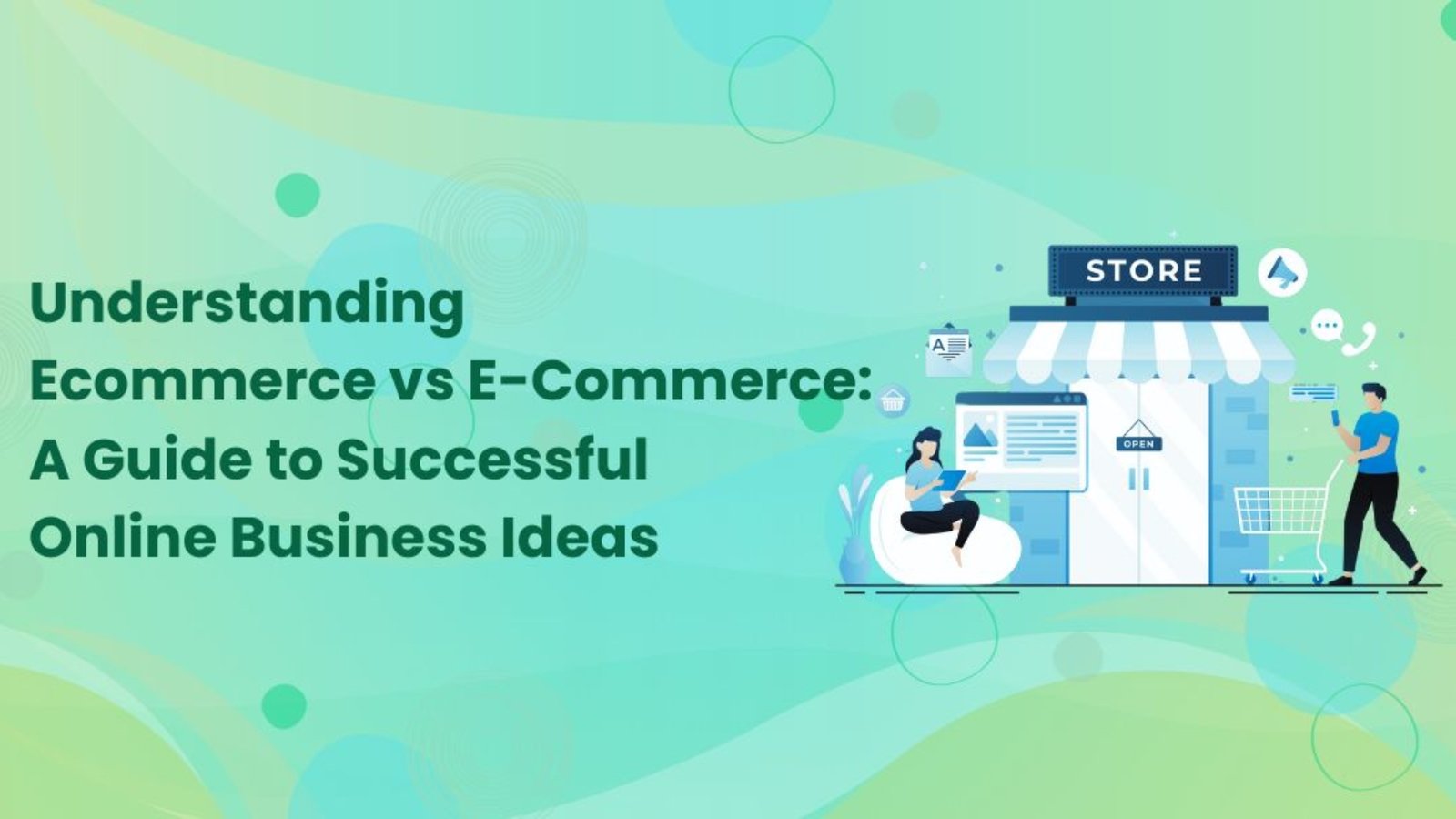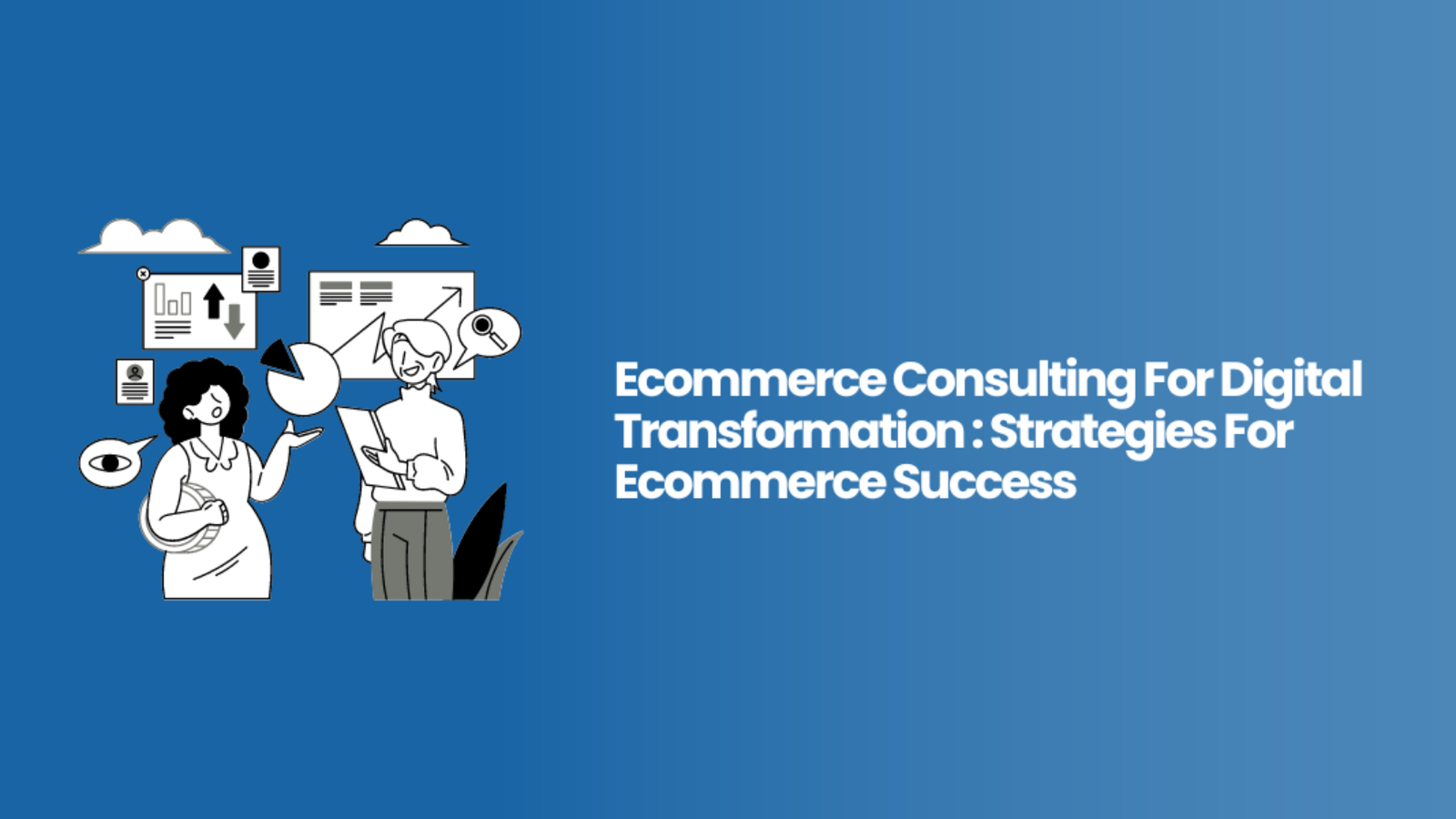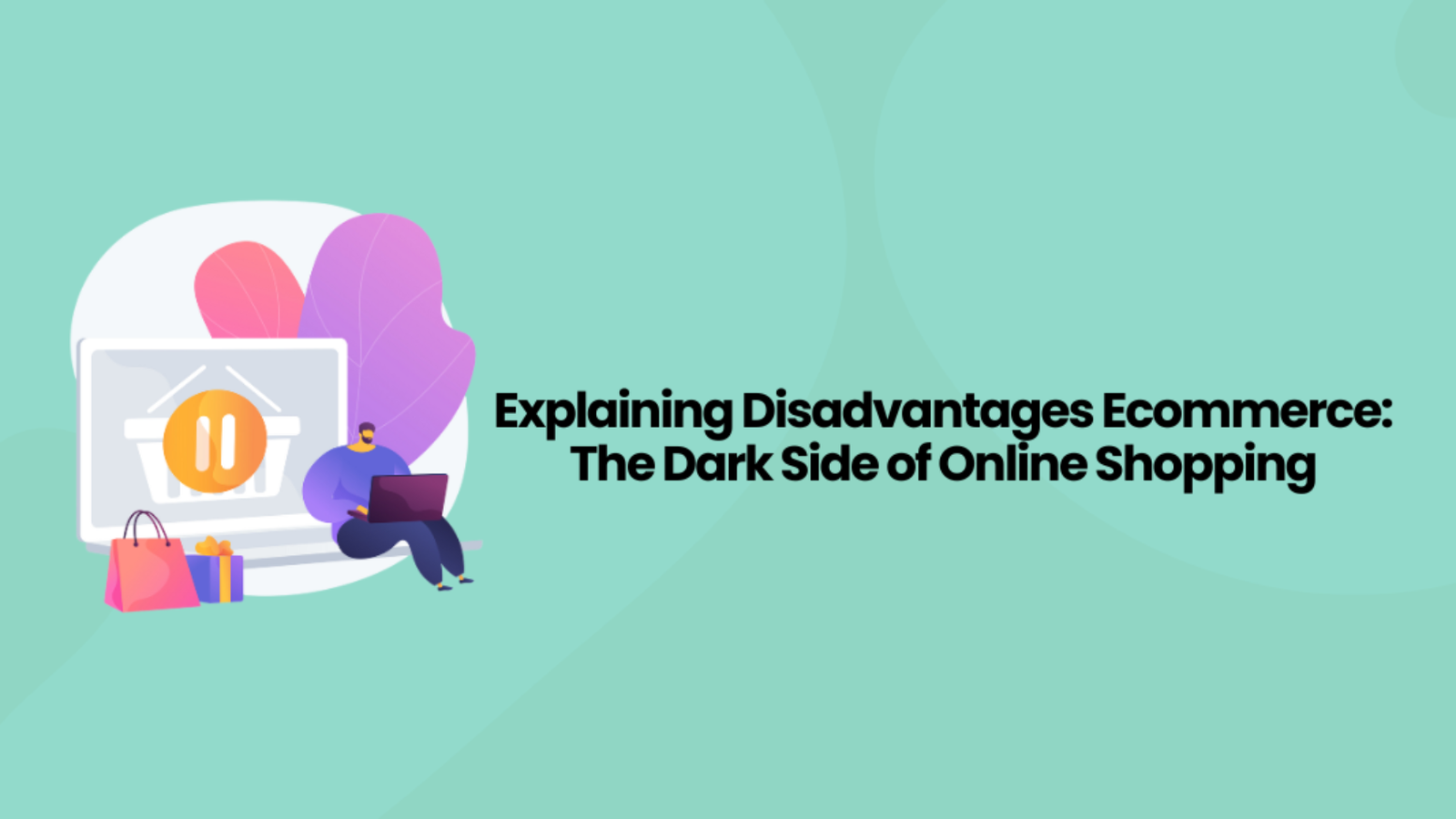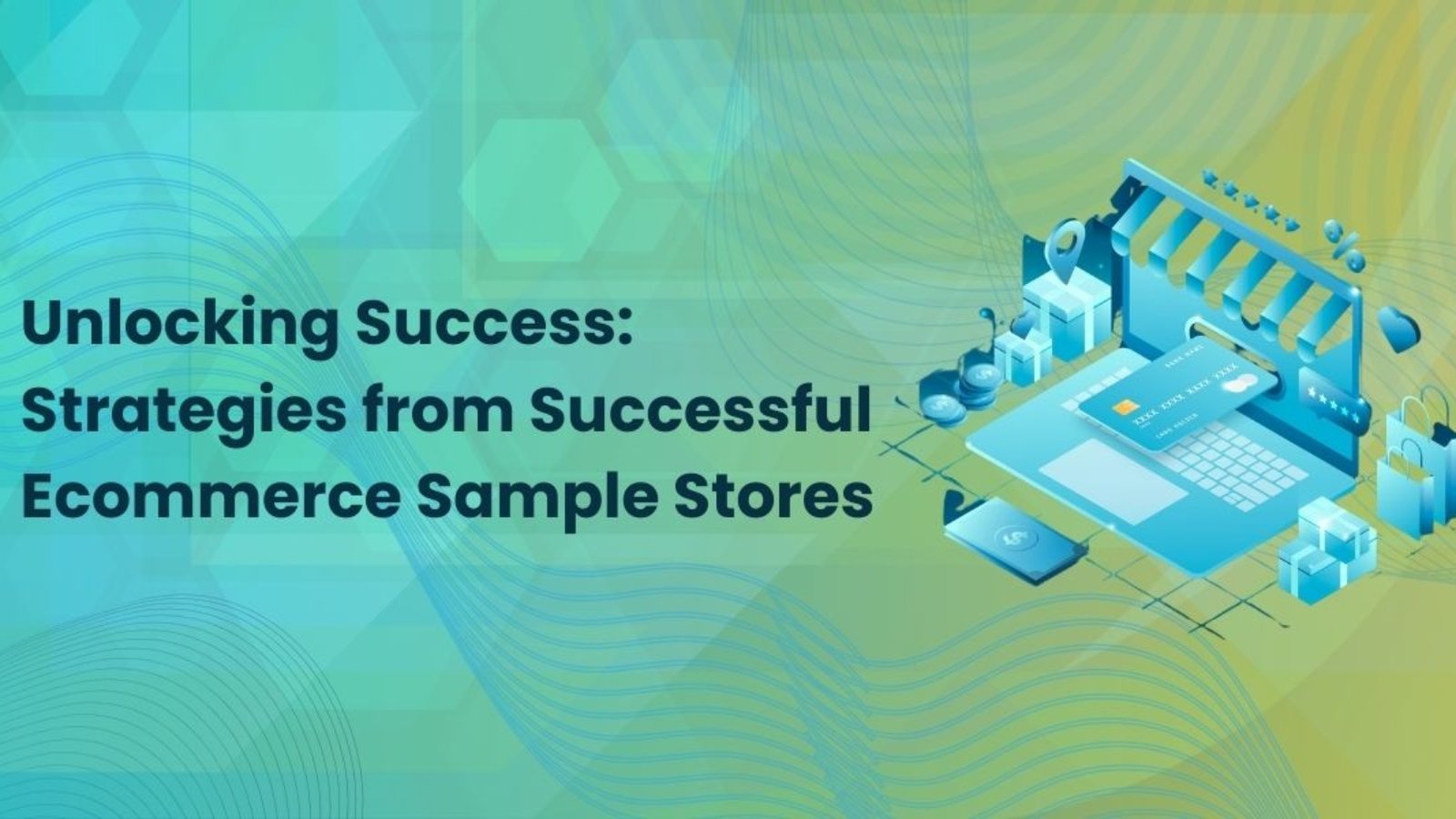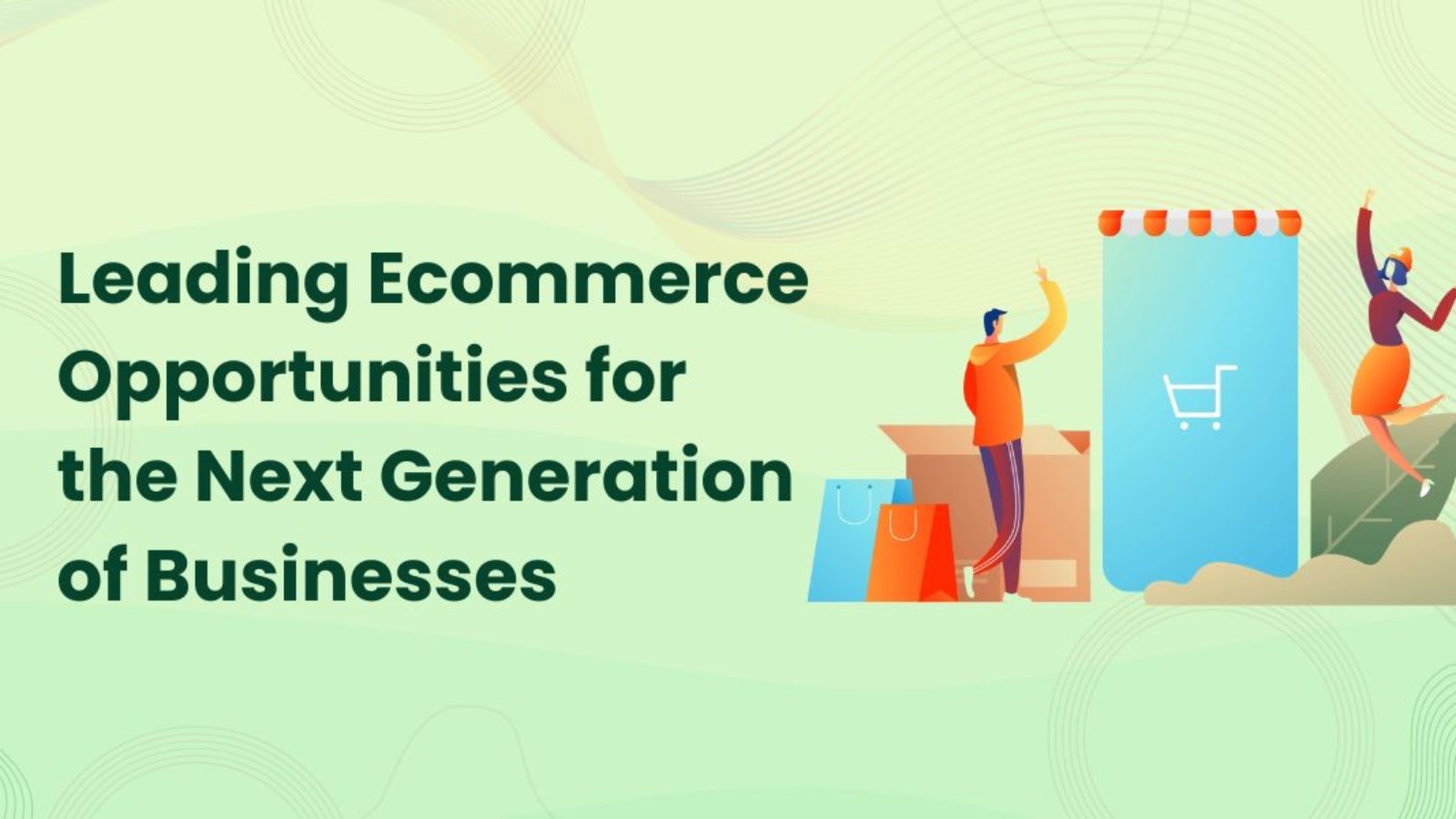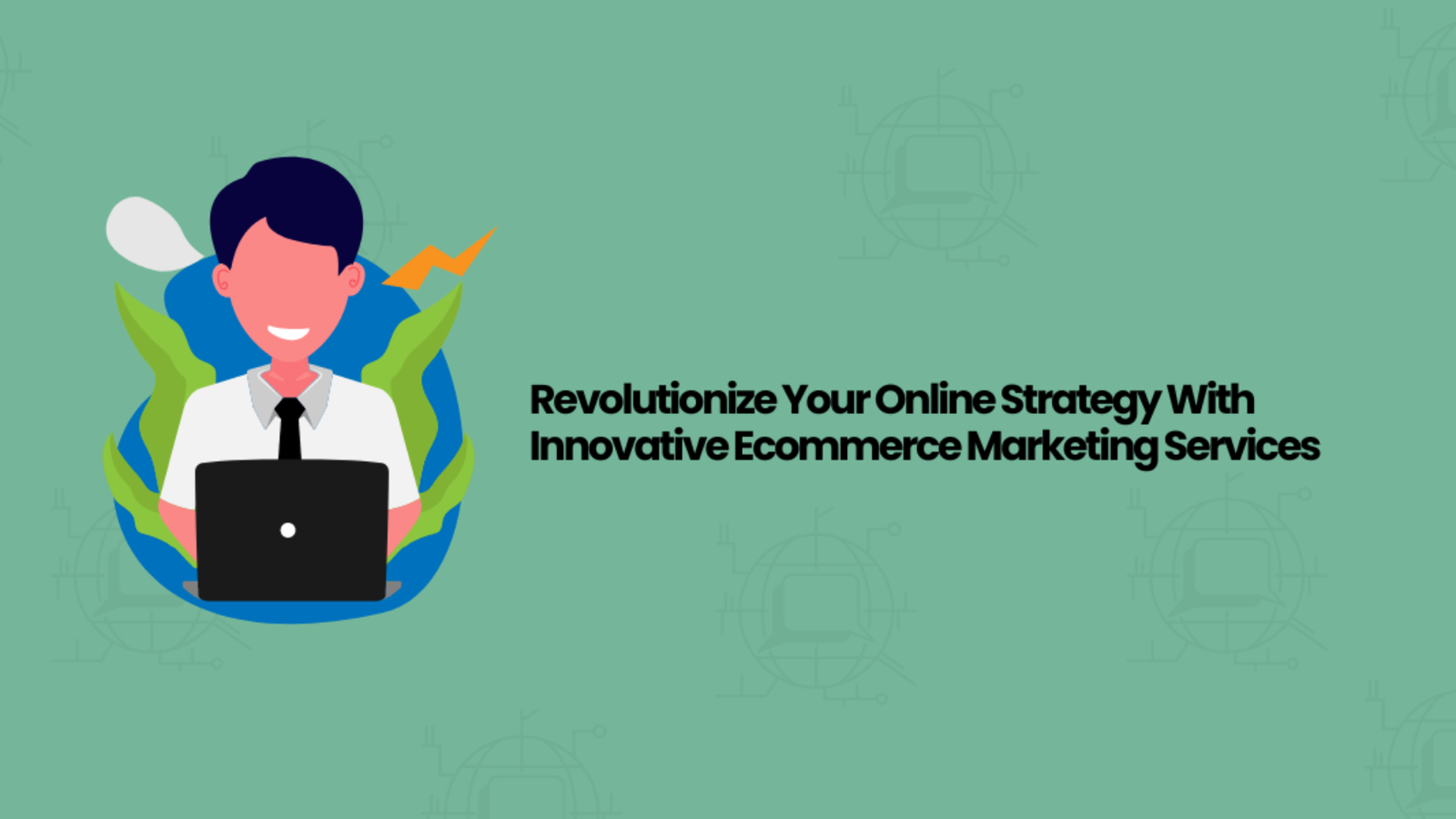The ecommerce world is in a constant state of flux, and 2024 is no exception. With evolving consumer behaviours and rapid technological advancements, certain ecommerce products are experiencing explosive growth, while others are fading into obscurity. For retail businesses aiming to broaden their reach and boost sales, understanding the top-selling ecommerce products is critical. This guide will explore the hottest trends and declining items in 2024, offering valuable insights to help retailers make informed decisions about their online stores. What’s Hot: Trending Ecommerce Products for Retailers in 2024.
Sustainable and Eco-Friendly Products
- The shift towards environmental consciousness has spurred a surge in demand for sustainable and eco-friendly ecommerce products. Consumers are increasingly seeking ways to minimise their environmental impact, leading to a rise in popularity for items that are reusable, biodegradable, or crafted from recycled materials. Key products in this category include:
- Reusable Water Bottles and Coffee Cups: The push to eliminate single-use plastics has made reusable water bottles and coffee cups essential items. Retailers offering stylish, durable, and customizable options are seeing substantial success.
- Eco-Friendly Cleaning Supplies: There is a growing preference for biodegradable and non-toxic cleaning products. Consumers are gravitating towards natural ingredients like vinegar, baking soda, and essential oils.
- Sustainable Fashion: Clothing made from organic cotton, bamboo, and recycled materials is becoming more sought after. Brands that emphasize ethical practices and transparency in their supply chains are attracting a dedicated customer base.
Health and Wellness Products
The health and wellness sector remains robust, with consumers placing a higher priority on their well-being. This trend has led to a notable increase in the demand for health-related ecommerce products. Prominent items include:
Supplements and Vitamins: With an increasing focus on health, supplements such as immune boosters, multivitamins, and probiotics are experiencing higher sales.
Fitness Equipment: The trend towards home workouts continues to drive demand for fitness equipment like dumbbells, resistance bands, and yoga mats. Innovative products, including smart fitness devices and virtual reality workout gear, are also gaining traction.
Personal Care Products: Natural and organic personal care products, including skincare, hair care, and oral hygiene items, are in high demand as consumers move away from harmful chemicals.
Tech Gadgets and Accessories
In the ever-evolving world of technology, consumers are always on the lookout for the latest gadgets and accessories. Top-selling ecommerce products in this category include:
Smart Home Devices: Essential items like smart speakers, security cameras, and smart thermostats are becoming increasingly popular. As smart homes become more mainstream, demand for these devices is expected to rise.
Wearable Technology: Fitness trackers, smartwatches, and other wearable devices combine style with functionality. Consumers are drawn to products that offer health monitoring features andseamless smartphone integration.
Mobile Accessories: Accessories such as wireless chargers, phone cases, and screen protectors remain popular. Innovative items like foldable phone stands and portable power banks are also in demand.
Home Improvement and Decor
With many people spending more time at home, the demand for home improvement and decor products has surged. Popular ecommerce products in this category include:
Smart Lighting Solutions: LED lights, smart bulbs, and color-changing light strips are popular for their energy efficiency and ability to enhance home ambiance.
Furniture and Home Decor: Unique furniture pieces and decor items that reflect personal style are in high demand. Multifunctional items like sofa beds and storage ottomans are especially appealing.
DIY Tools and Kits: The rise of DIY culture has driven interest in tools and kits for home improvement projects, from basic tool sets to specialized equipment like cordless drills and painting kits.
Pet Products
Pets are considered family members, and their needs are a priority for many consumers. The pet products category continues to expand, with items such as:
Pet Food and Treats: High-quality, organic, and specialty pet foods are in demand. Pet owners are increasingly choosing brands that offer nutritional benefits and cater to specific dietary needs.
Pet Accessories: There is a growing market for pet beds, toys, grooming tools, and innovative products like pet cameras, GPS trackers, and smart feeding devices.
What’s Not: Declining Ecommerce Products for Retailers in 2024
- Fast Fashion Despite the ongoing allure of fashion, the fast fashion sector is experiencing a decline. Consumers are becoming more environmentally conscious and are moving away from brands that promote unsustainable practices. Retailers focusing on fast fashion are finding it challenging to retain customer loyalty, with many opting for more sustainable and ethically produced alternatives.
- Single-Use Plastic Products The trend towards sustainability has led to a decline in single-use plastic products. Items such as disposable cutlery, plastic straws, and plastic bags are losing favor as consumers seek eco-friendly alternatives. Retailers should adapt by offering products that align with environmental values.
- Traditional Office Supplies With the rise of digital tools and remote work, traditional office supplies like paper, pens, and folders are seeing reduced demand. Businesses and individuals are increasingly relying on digital solutions, reducing the need for physical office supplies. Retailers should consider diversifying their offerings to include tech accessories and home office equipment.
- Basic Electronics Basic electronics, such as standard calculators, DVD players, and simple digital cameras, are becoming less relevant. As technology advances, consumers are opting for multifunctional devices that offer a range of features. Retailers should focus on providing more innovative and advanced electronic products.
Why Retailers Should Embrace Ecommerce Products
In the rapidly evolving ecommerce landscape, staying updated with the latest product trends is crucial for success. By focusing on top-selling ecommerce products, retail businesses can reach a wider audience, increase sales, and remain competitive. Here’s why embracing trending ecommerce products is a smart move:
Wider Reach: Online stores have the potential to reach customers across the globe, allowing businesses to expand their market and attract a diverse audience.
Lower Overhead Costs: Operating an online store can be more cost-effective compared to maintaining a physical location, allowing businesses to invest in inventory that aligns with current market trends.
Data-Driven Insights: Ecommerce platforms provide valuable data on consumer behavior and preferences, which can be used to make informed decisions and optimize product offerings.
Flexibility and Convenience: Online shopping offers convenience, from browsing to checkout, leading to higher customer satisfaction and loyalty.
Conclusion
As we advance through 2024, understanding the latest trends in ecommerce products is essential for retailers. By focusing on what’s hot and avoiding what’s not, businesses can position themselves for success in a competitive market. Embracing online selling and offering in-demand ecommerce products can help retailers not only survive but thrive in the digital age. It’s time to adapt, innovate, and seize the opportunities that the evolving ecommerce landscape offers.
